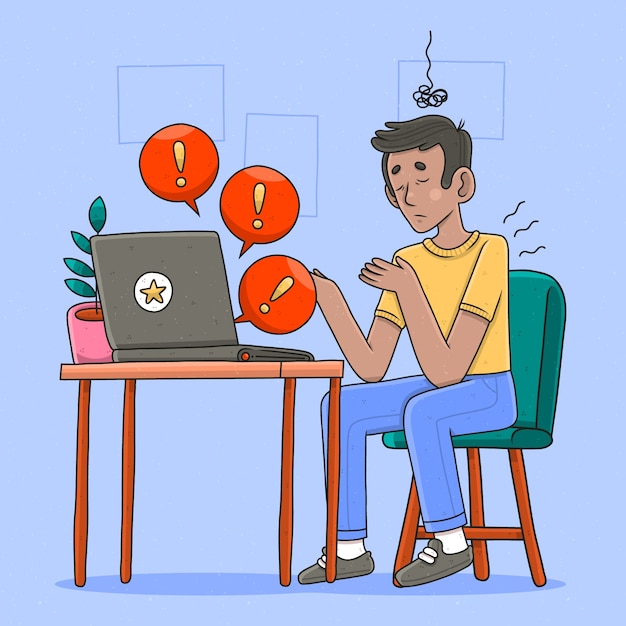
Freelancing in the Arts Amid Coronavirus Concerns
Hey there, just a few days ago, I stumbled upon a tweet that made me really consider the impact the coronavirus outbreak is having on us freelancers. It said something along the lines of how we’d all be in deep water if even those among us who never talk about money start sweating about it. Pretty grim, huh?
And then, right here in the U.S, I saw how people are denying the reality by unfollowing one of our biggest free job boards for tech gigs. Of course, my mind went straight to the ‘moolah’ – I think about it a lot after all!
But seriously, have you noticed how events and gigs are getting canned or postponed left, right and center? I mean, SXSW, one of the biggest tech events of the year, got canceled – and that’s just one example. Even a pal of mine posted on Facebook about her gigs getting the axe.
And then there are those posts saying, “Bet you wish you had an emergency fund now, huh?” Seriously, who are we helping by saying that? If you’re a freelancer and you’ve managed to scrape by without an emergency fund, then sure, now’s a good time to start thinking about setting one up – once you recover from the inevitable credit damage.
If you have an emergency fund – awesome! Now’s the time to beef it up. And while it’s good to have a few extra resources in case of emergencies, let’s not go full apocalyptic-prepping mode!
If you end up catching the virus, or if it hits your town hard but not you directly, you might be glad you have a week’s worth of soup and some cough syrup on hand. If that’s the case, stay home, watch Netflix, and don’t risk spreading it to others.
But if you don’t have an emergency fund, it’s time to think about your alternatives. Calculate your expenses and your savings. If you don’t have a penny stashed away, then it’s time to make some damage control plans.
Do you have low-interest-rate credit cards? Can they lower the rates? If you’ve got reward cards, remember they always come with sky-high interest rates. It’s a bad idea to carry a balance on them. Look for low-interest-rate cards to use in the coming months instead.
And if you’re already on the edge of financial trouble, seek advice from a bankruptcy attorney. They can help prevent immediate eviction and help you navigate your financial issues.
So while stranded at home, what can we do?
Well, consider some work-from-home side gigs. Sites like Rev offer transcription jobs that don’t pay much, but certainly offer a bit of income. A few years ago, I made about $250 a week transcribing for 25-30 hours. The earnings aren’t fabulous, but they can help cover expenses in a pinch.
Plus, if you have a Bachelor’s degree in any field, you can teach English online via platforms like VIPKid. The work is flexible and the pay is better than transcription work.
For organized folks, consider becoming a virtual assistant. Websites like Remote.co have an array of jobs that can be done anywhere, anytime.
If you haven’t faced any gig cancellations yet, beware that they may be right around the corner. This is a good time to save as much as you can. Research any local assistance available to you. For example, The Actors Fund, with offices in New York, Chicago, and Los Angeles, offers social services and financial help.
For those in unions, remember that your unions may also have financial aid programs. And don’t forget to pull out your contracts. A sudden cancellation might entitle you to some kind of compensation.
And if this situation persists, keep checking back for updates. Aid from groups and even the federal government might increase as the impact of the virus broadens.
So, any plans to fend off unemployment or underemployment during this coronavirus siege? Let’s spread the word and help each other.